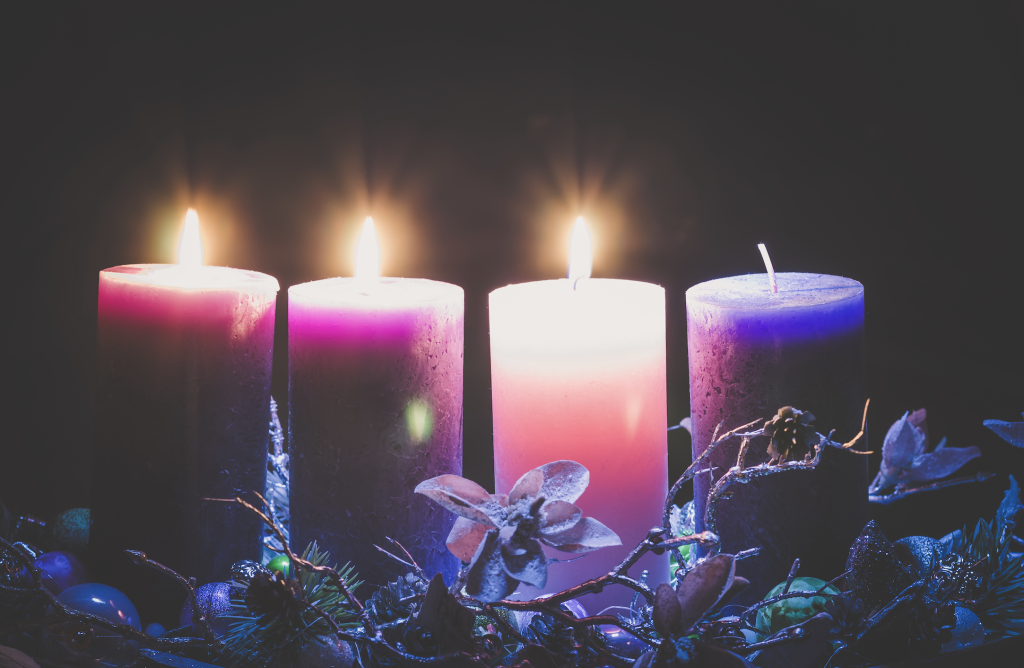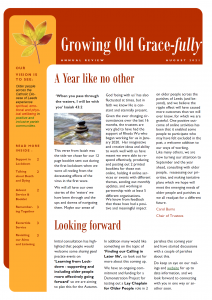
When I was a child I was on the verge of tears when I sang the words of the carol “In the Bleak Midwinter” written by Christina G Rossetti (1830-1864.) (1)
“In the bleak midwinter
frosty wind made moan,
earth stood hard as iron,
water like a stone;”
It sounded bleak, hard and cold. I lived in Scotland where I could understand that ”snow had fallen, snow on snow”…. I realised that a Bethlehem birth might be cold and hard, but perhaps little snow. I knew the point was that the Son of God was born in very humble, challenging, drafty circumstances away from family and community. As I grew older, I appreciated more the challenge that Mary and Joseph faced travelling for some uncomfortable days in late pregnancy, on the orders of an occupying regime to register their names. It may be on that journey Mary did not have the understanding and support of some of her extended family. They found it difficult to find accommodation as many others had also travelled to register. The unexpected, miraculous pregnancy perhaps was not accepted by some in the couple’s families. Joseph likely saved Mary’s life from stoning, a punishment for supposed infidelity and pregnancy outside of a betrothal or marriage. Her reputation, and his, may have taken longer to be restored.
We know too that they became refugees when Jesus was still very young. It must have been traumatic in a regional massacre to hide their child and make a perilous journey to Egypt.
As I write, Palestinian refugees are making a treacherous journey amidst bombs and gunfire: women, some pregnant, men, many older people, children, newborn babies are riding on carts and are walking to South Gaza adjoining the Egyptian border. Many Jews support the Palestinians but the fighting between Israeli soldiers and Hamas has brought death, injury, homelessness and fear. The modern refugees are taking a dangerous journey. Did Mary and Joseph find food, water and shelter along the way? Did they have to hide? How long did they have to stay before travelling back to their homeland to Nazareth? Were they welcomed or not when they got to Egypt? Many modern-day refugees encounter danger, hostility, rejection, and a great sense of trauma and loss about what they have left behind.
The amazing belief we have in preparing for Advent is the Incarnation, the birth of the Messiah, the great hope enfleshed…
Advent is a time of preparation and above all a time of hope! As an older woman, every year I appreciate more that Advent is a time of hope. Amidst war in the Middle East and Ukraine and around the world the Saviour, a Sign of Hope and Peace is born.
Christina Rossetti’s poem finishes:
” What can I give him,
poor as I am?
If I were a shepherd
I would bring a lamb;
if I were a wise man
I would do my part;
yet what can I give him –
give my heart.”
As an older woman this last verse still moves me. Whatever our situation: enough money to pay our bills or not; working or retired; living with others or alone; bereaved; with plans for a way forward or not; security, directly affected by war, trauma, grief or poverty or watching it on T.V., we all have ups and downs. During Advent we bring to God ourselves, our spiritual gifts, our time, our life experience… and our hearts. Christmas brings hope. There are hymns, prayers, online Advent Resources from the Jesuits, Franciscans and others, parish and diocesan events and numerous ways in which we can prepare for Christ’s birth, whether individually or communally.
Christ brings Challenge AND Hope.
May you have a Blessed Advent and a Happy, Blessed Christmas!
Pippa Bonner, December 2023
(1) In the Bleak Midwinter by Christina Rossetti.
(Published by many including Decani Music, Suffolk 1999. No copyright holder given. Laudate Hymnal number 144.)



